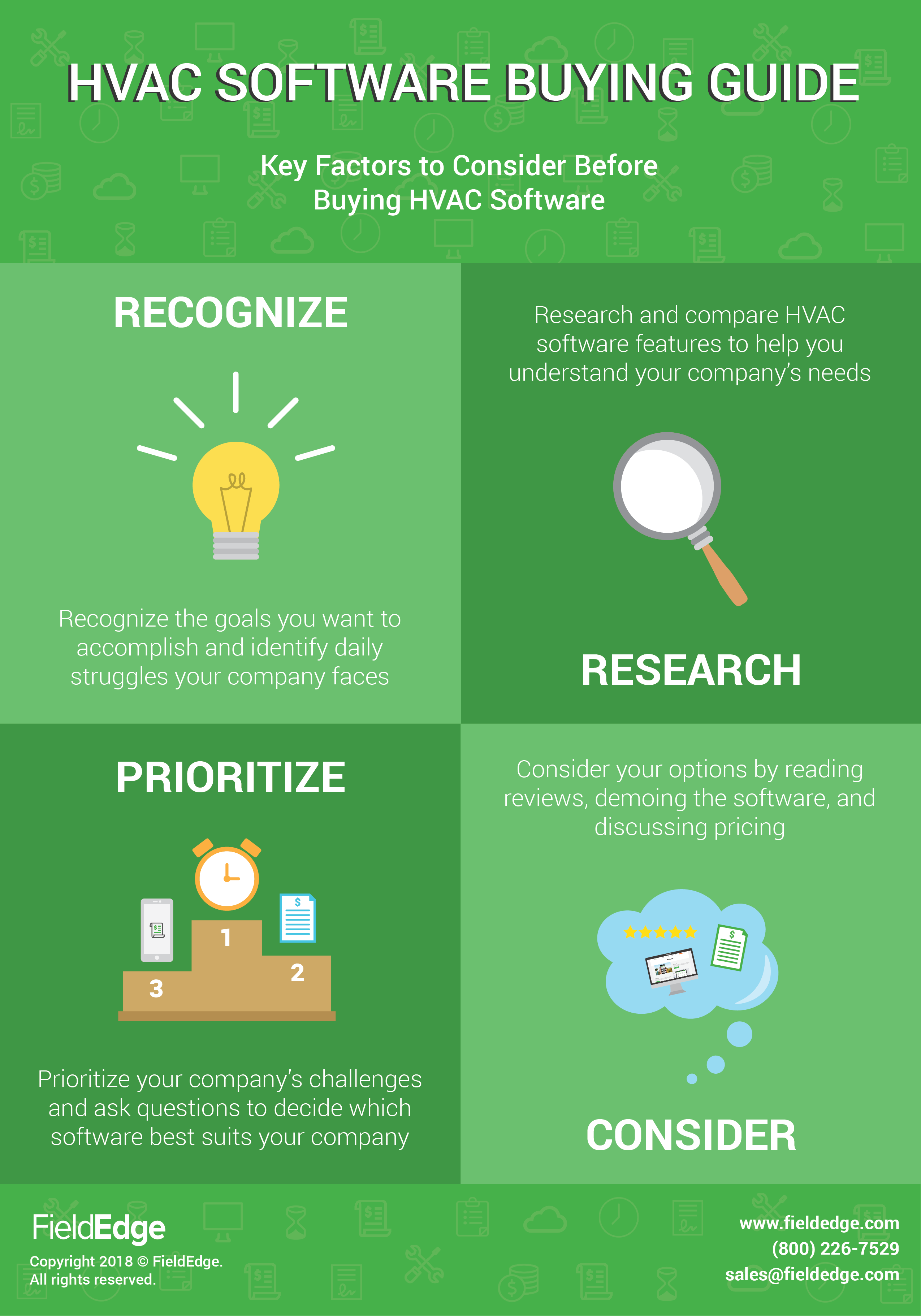The Future Of Home Heating - How Heat Pump Modern Technology Is Advancing
The Future Of Home Heating - How Heat Pump Modern Technology Is Advancing
Blog Article
https://ktvz.com/sponsor/house-home-sponsors/2021/04/23/hvac-maintenance/ -Dugan Oliver
Heat pumps will certainly be a vital technology for decarbonising heating. In a circumstance regular with federal governments' revealed power and environment commitments, their worldwide capability increases by 2030, while their share in home heating rises to one-quarter.
They function best in well-insulated homes and depend on electrical power, which can be provided from a renewable power grid. Technological breakthroughs are making them more reliable, smarter and less costly.
Gas Cells
Heatpump use a compressor, cooling agent, coils and followers to relocate the air and heat in homes and home appliances. They can be powered by solar energy or electricity from the grid. https://www.express.co.uk/life-style/cars/1632834/fuel-saving-tips-driver-warning-dangerous-hypermiling-techniques-exclusive have actually been obtaining appeal due to their inexpensive, silent procedure and the capacity to generate electrical power during peak power demand.
Some business, like IdaTech and BG MicroGen, are dealing with gas cells for home heating. These microgenerators can change a gas boiler and produce a few of a residence's electrical needs with a connection to the electrical power grid for the rest.
But there are reasons to be cynical of using hydrogen for home heating, Rosenow claims. It would be pricey and ineffective contrasted to other innovations, and it would certainly contribute to carbon discharges.
Smart and Connected Technologies
Smart home innovation enables homeowners to link and regulate their gadgets remotely with making use of smartphone apps. For example, smart thermostats can discover your home heating preferences and instantly adapt to enhance energy intake. Smart illumination systems can be regulated with voice commands and immediately switch off lights when you leave the space, lowering energy waste. And clever plugs can check and manage your electric use, enabling you to identify and restrict energy-hungry appliances.
The tech-savvy house shown in Carina's meeting is a good picture of just how owners reconfigure area heating techniques in the light of new clever home technologies. They rely on the devices' automated attributes to execute daily changes and concern them as a hassle-free methods of performing their heating techniques. As such, they see no reason to adjust their practices additionally in order to enable flexibility in their home power need, and interventions focusing on doing so may face resistance from these households.
Electrical energy
Since warming homes accounts for 13% of US discharges, a button to cleaner choices can make a large difference. But the innovation faces difficulties: It's pricey and needs substantial home restorations. And it's not always suitable with renewable resource sources, such as solar and wind.
Up until recently, electric heat pumps were also costly to take on gas versions in many markets. Yet new technologies in style and materials are making them a lot more budget-friendly. And better cool climate efficiency is enabling them to function well even in subzero temperature levels.
The following action in decarbonising heating may be using warm networks, which attract heat from a central resource, such as a neighboring river or sea inlet, and disperse it to a network of homes or structures. That would certainly minimize carbon exhausts and enable homes to take advantage of renewable energy, such as eco-friendly electrical power from a grid supplied by renewables. This alternative would be less expensive than switching to hydrogen, a nonrenewable fuel source that needs brand-new infrastructure and would only lower CO2 exhausts by 5 percent if coupled with boosted home insulation.
Renewable resource
As electrical energy rates drop, we're beginning to see the same trend in home heating that has actually driven electric autos right into the mainstream-- but at an even faster rate. The solid climate instance for electrifying homes has actually been pushed even more by brand-new research study.
Renewables make up a significant share of modern warmth consumption, but have been provided minimal policy focus worldwide contrasted to other end-use sectors-- and also less attention than electrical energy has. Partly, this reflects a mix of consumer inertia, divided motivations and, in lots of countries, subsidies for fossil fuels.
New technologies can make the shift much easier. For example, heatpump can be made much more power reliable by changing old R-22 cooling agents with new ones that don't have the high GWPs of their predecessors. Some experts additionally picture area systems that draw warmth from a neighboring river or sea inlet, like a Norwegian fjord. The warm water can then be used for heating and cooling in a community.